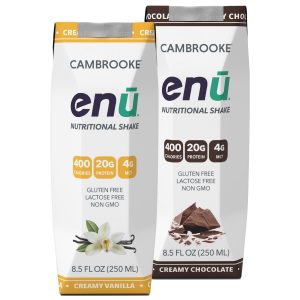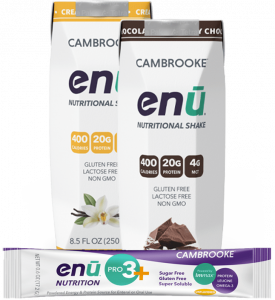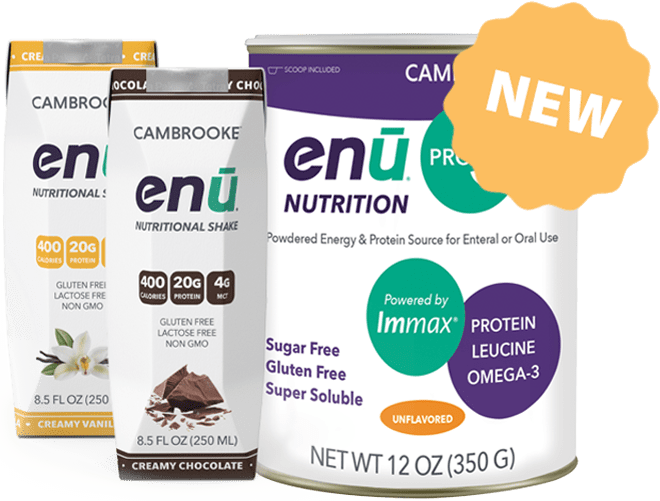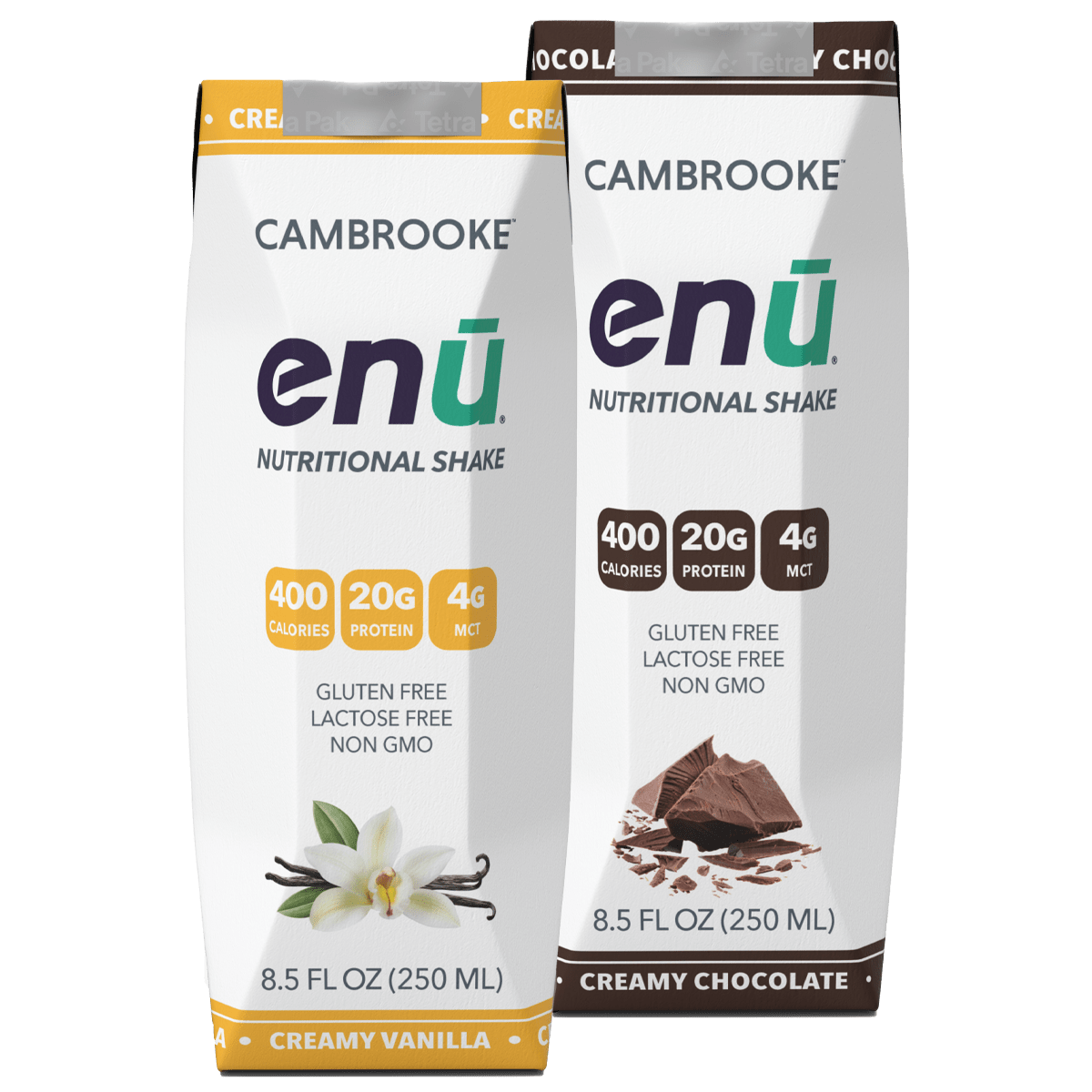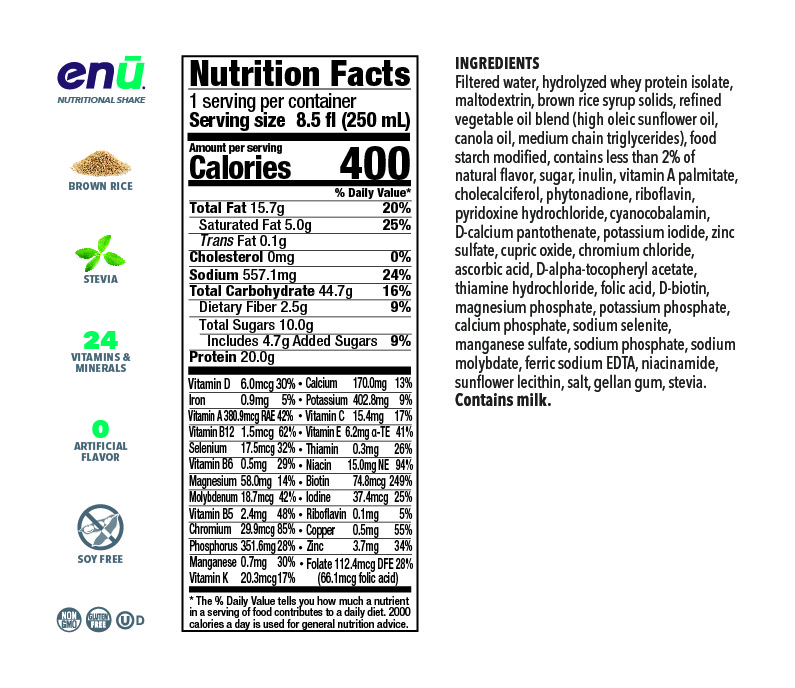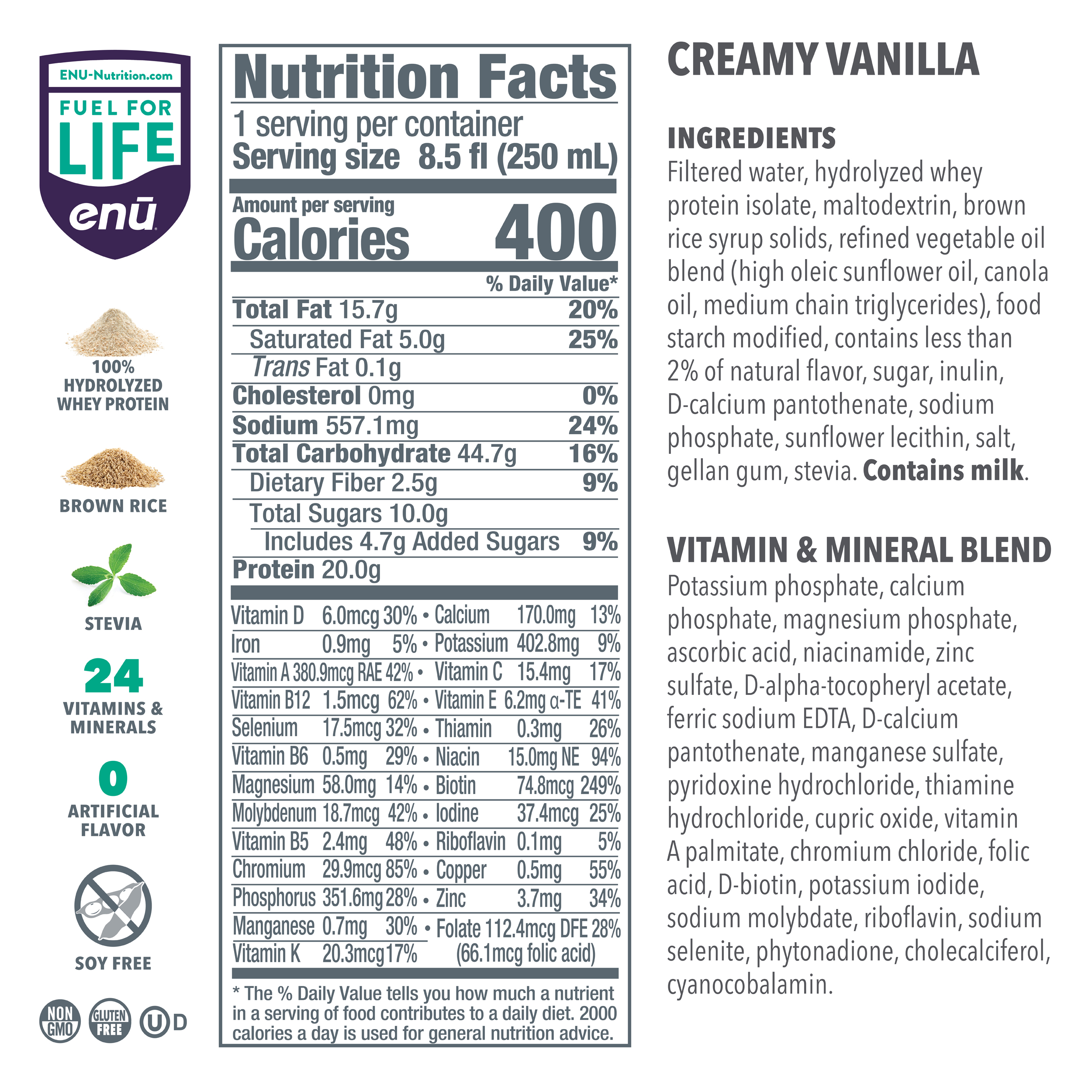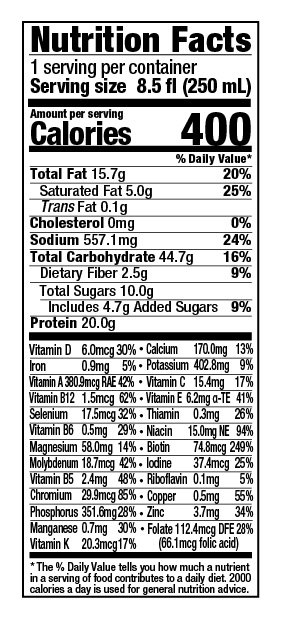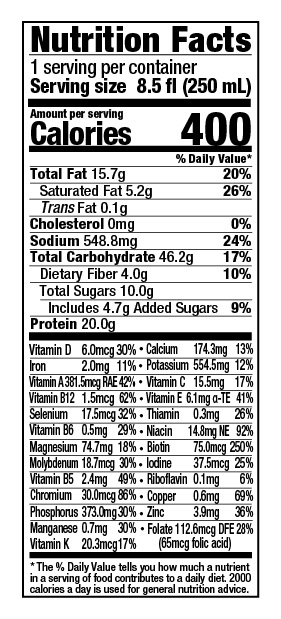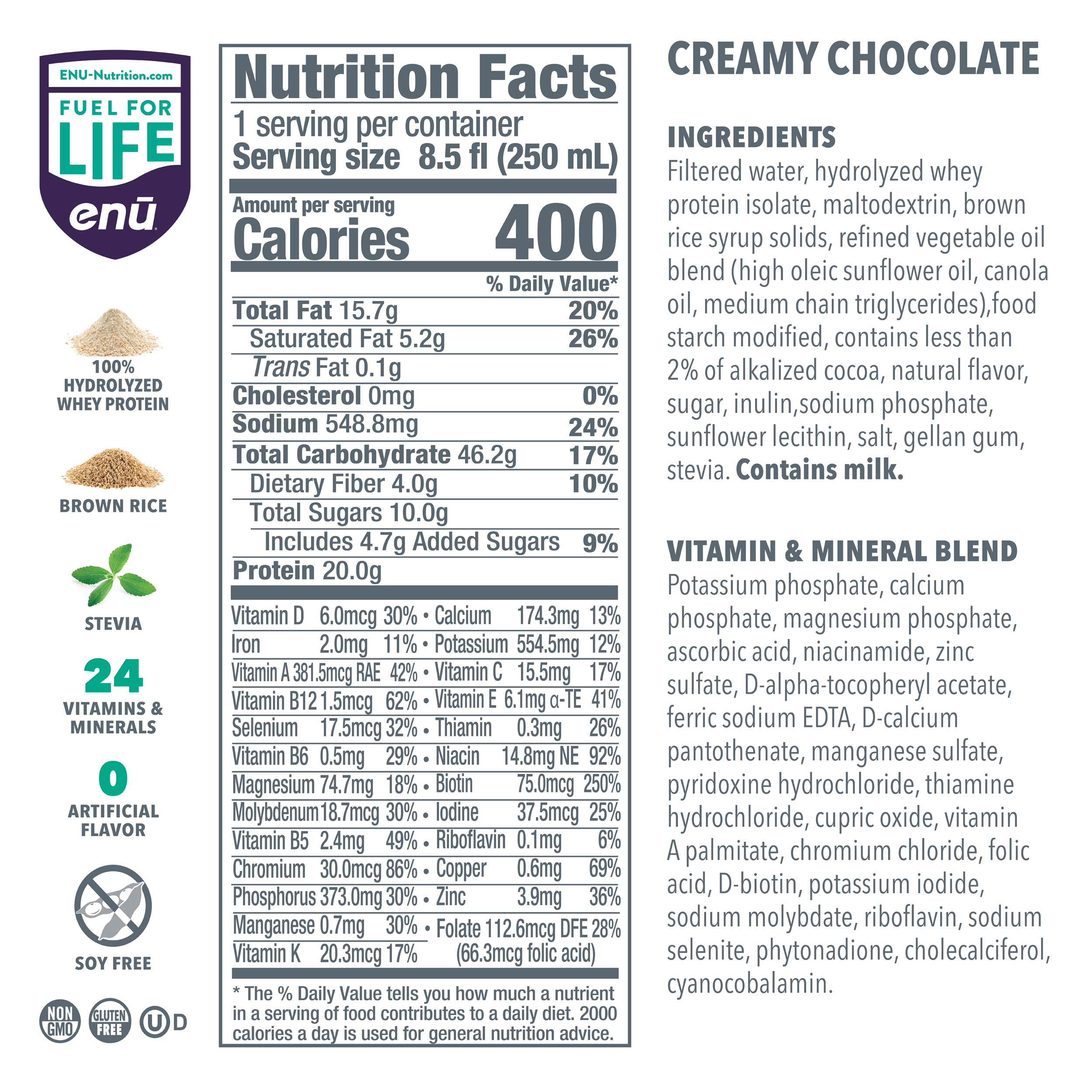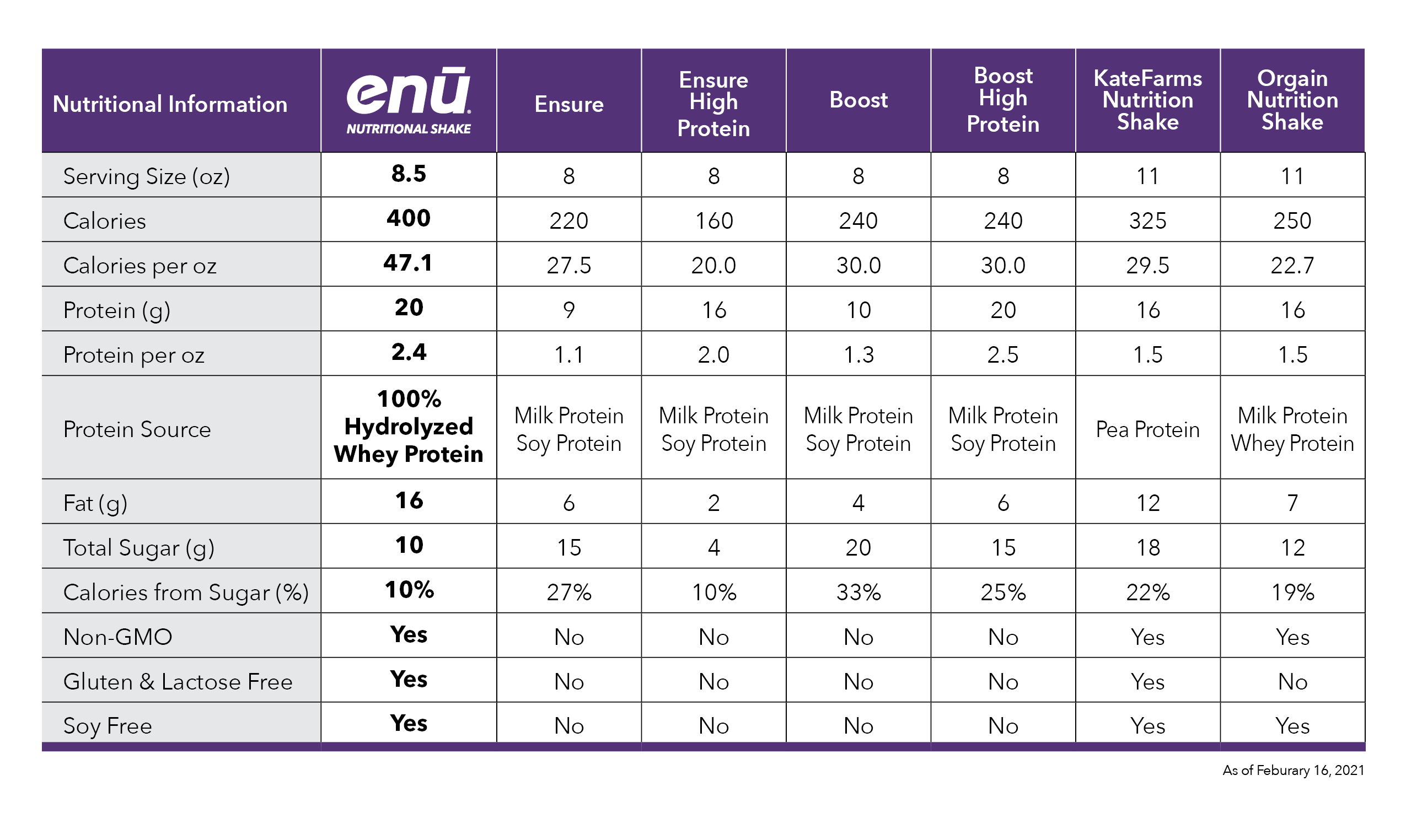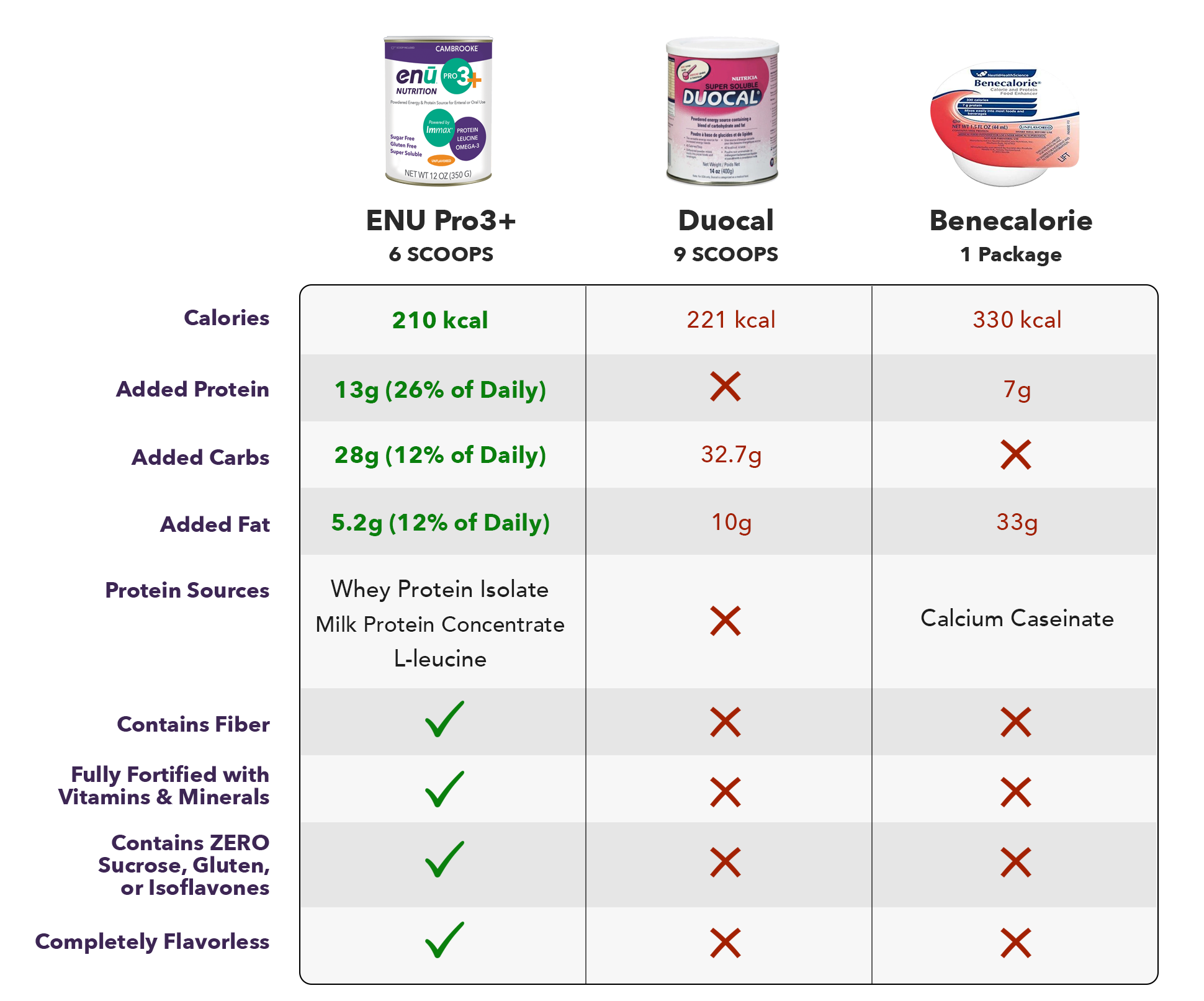
Get a FREE
ENU Intro Pack*
*Just Pay $2.00 Shipping
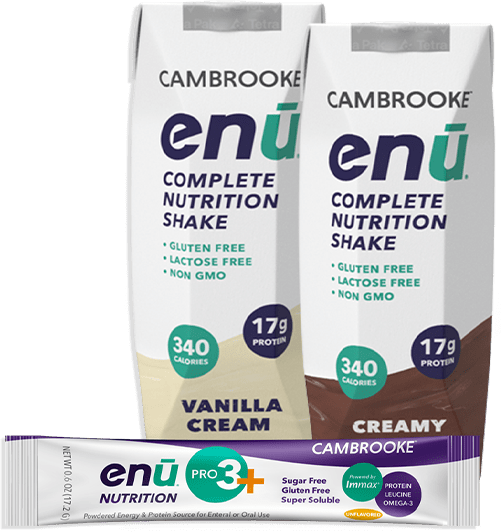
How Can I Force Myself to Eat Without an Appetite?
Most people don’t have to think about this on a daily basis, but our appetite is a necessary part of maintaining our weight and, by extension, ensuring that our bodies have the resources they need to survive. Not only does an appetite remind us that it’s time to eat and let us know when our gas tank is running low, but it also makes eating less of a chore by encouraging us to consume as much as our bodies need and making the experience more pleasant. For those who don’t have an appetite, however, maintaining a healthy weight can be difficult because eating doesn’t feel necessary. If you haven’t been eating because you’re never hungry, you might ask, “How can I force myself to eat without an appetite?” To find out, keep reading as the weight gain nutrition shake team at ENU provides some answers.
Common Reasons Why People Lose Their Appetites
A loss of appetite can indicate a number of different physical or mental issues, some of which are easier to address than others. If your lack of hunger is caused by the common cold, for instance, the issue probably will not last long and should clear up on its own, while those suffering from a serious illness might have more lasting symptoms to deal with. Below are a few of the most common causes of appetite loss:
Infections by Bacteria or Viruses
If you have no appetite and have been diagnosed with a bacterial or viral infection – such as an upper respiratory infection, meningitis, colitis, pneumonia, or gastroenteritis – it’s possible that your lack of hunger is due to the infection. If so, receiving proper medical treatment for the infection should restore your appetite.
Cancer and Cancer Treatments
Because there are so many different types of cancer, and because every patient’s internal biology reacts to illness in a unique way, the symptoms that cancer patients experience are many and varied; appetite loss is one possibility. It is also common for cancer treatments to have this effect, especially chemotherapy, immunotherapy, and radiation to the abdomen.
Prescription Medications
In addition to the drugs used in chemotherapy, there are a number of other medications that could cause a person to lose their appetite. Some varieties of antibiotics, painkillers, and sedatives could result in a lack of appetite, and many recreational drugs could have that result as well.
Psychological Issues
If there is no clear physical cause for a patient’s loss of appetite, a mental illness or other psychological problem could be the culprit. Common forms of mental illness, such as anxiety and depression, have been known to reduce a person’s appetite, and those experiencing extreme stress could have that symptom, too.
How to Eat Without an Appetite
If you or someone you know has been struggling with a loss of appetite, especially if it’s been going on for a while, the first thing you should do is talk to your doctor, as it could be a sign of a serious medical issue. In the meantime, however, it can be helpful to go over some of the ways you can force yourself to eat, even if you don’t have an appetite. Try some of the tips described below:
Change Your Eating Habits
Appetite loss can take many forms, but however it manifests in your life, you can probably adapt your eating habits to compensate. For example, many people who don’t have a healthy appetite find it easier to eat five to six small meals each day, rather than two or three large ones, and frequent snacks can help improve calorie and nutrition intake as well. On the other hand, some people only feel hungry about once a day; if this is the case for you, consider eating one large meal that meets most of your nutritional needs and supplementing with snacks.
Eat Nutrient-Rich and Calorie-Dense Foods
If you find that you can’t eat much food each day, make the most of what you can eat by choosing foods that offer lots of nutrients and calories without significant weight or volume. Dairy products can be a good choice, as they contain key nutrients – including fats, protein, calcium, and a variety of vitamins – in small packages. If you prepare your own meals, try cooking with heart-healthy unsaturated fats like olive oil or coconut oil to easily add calories to a dish, or put lots of condiments on your food to create the same effect. Whatever you choose, make sure you get plenty of protein and calories.
Drink Your Calories
Those who struggle to eat solid food sometimes find it much easier to consume calories in a liquid form. Make a smoothie with yogurt, fruit, and protein powder for a well-rounded snack, or try a recipes using protein shakes instead. Another effective option is adding a balanced meal replacement shake to your routine; look for one that offers a variety of important macronutrients sourced from real food ingredients for optimal nutrition. Drinking one of these shakes after a meal or between meals can be a good way to add calories without making you force down food.
Healthy Meal Replacement Shakes for Eating Without an Appetite
It can be tough to eat enough food when you don’t have an appetite, but adding a balanced nutritional shake from ENU to your diet can make it a little easier. Each shake features 400 calories, along with 20 grams of protein, complex carbs, healthy fats, and a blend of more than 20 important vitamins and minerals – all in one tasty, convenient package. Learn more about all our products by visiting ENU online or calling (855) 266-6733 today.
